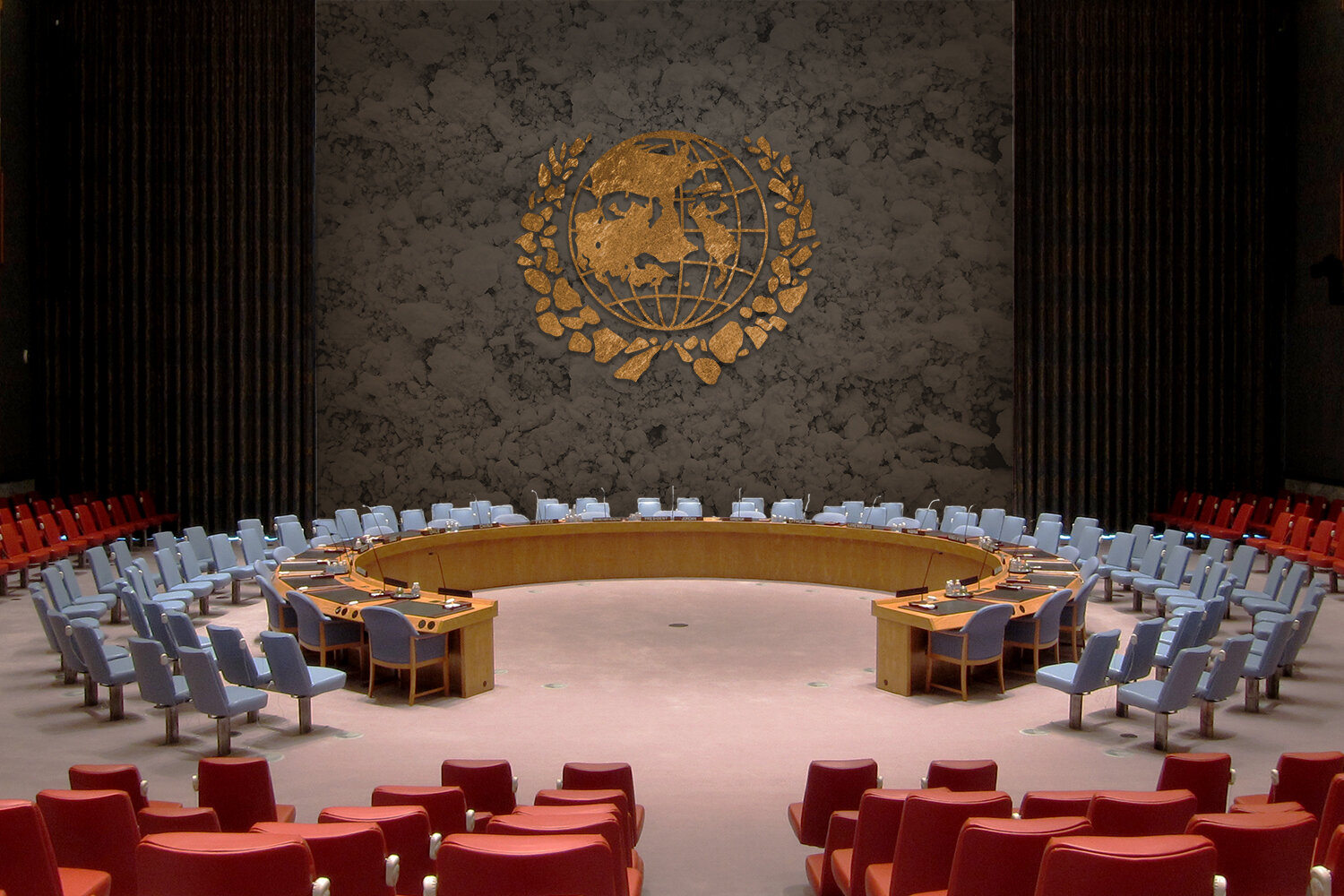REFERENCES
Legal Personhood & Guardianship
GARN: Global Alliance for Rights of Nature,”What Is Rights Of Nature?”, 8 June 2020, https://therightsofnature.org/what-is-rights-of-nature/
“Universal Declaration of the Rights of Mother Earth” World People's Conference on Climate Change and the Rights of Mother Earth, 15 June 2010,
http://pwccc.wordpress.com/programa/
“Te Urewera Act 2014,” Public Act Contents – New Zealand Legislation, accessed November 19, 2019, http://www.legislation.govt.nz/act/public/2014/0051/latest/DLM6183601.html
"Tāmati Kruger: Down That Way, Glory Waits - E-Tangata." E. September 13, 2019. https://e-tangata.co.nz/korero/tamati-kruger-down-that-way-glory-waits/
Interbeing, Intra-action, & Metaphysics
Barad, Karen. Meeting the University Halfway: Quantum Physics and the Entanglement of Matter and Meaning. Duke University Press, 2007. https://www.dukeupress.edu/meeting-the-universe-halfway
Barad K. Matter Feels, Converses, Suffers, Desires, Yearns and Remembers: Interview with Karen Barad. 2009. Available: https://quod.lib.umich.edu/o/ohp/11515701.0001.001/1:4.3/--new-materialism-interviews-cartographies?rgn=div2&view=fulltext
Hạnh, Nhất, and Annabel Laity. The Other Shore: a New Translation of the Heart Sutra with Commentaries. Parallax Press, 2017. https://www.parallax.org/the-other-shore-by-thich-nhat-hanh/
Campagna, Federico. Technic and Magic: the Reconstruction of Reality. Bloomsbury Academic, 2019. https://www.bloomsbury.com/us/technic-and-magic-9781350044036/
Life-Nonlife Boundary, Anthropocentrism & Biocentrism
Bennett, Jane. Vibrant Matter: a Political Ecology of Things. Duke University Press, 2010. https://www.dukeupress.edu/vibrant-matter
Povinelli, Elizabeth A. Geontologies: a Requiem to Late Liberalism. Duke University Press, 2016. https://www.dukeupress.edu/geontologies
Morton T. Humankind: Solidarity with Non-Human People. Verso Books; 2017. Available: https://www.versobooks.com/books/2465-humankind
Yusoff, Kathryn. A Billion Black Anthropocenes or None. University of Minnesota Press, 2018. https://www.upress.umn.edu/book-division/books/a-billion-black-anthropocenes-or-none
Colonialism
“A Quick Reminder of Why Colonialism Was Bad | Current Affairs.” September 2017, https://www.currentaffairs.org/2017/09/a-quickreminder-of-why-colonialism-was-bad
Piper, Kelsey. “The Case against Colonizing Space to Save Humanity.” Vox, Vox, 22 Oct. 2018, www.vox.com/future-perfect/2018/10/22/17991736/jeff-bezos-elon-musk-colonizing-mars-moon-space-blue-origin-spacex.
Allan Hills 84001 & Life on Mars
Clinton, W. J. 1996. “President Clinton Statement Regarding Mars Meteorite Discovery.” White House, Office of Press Secretary. https://www2.jpl.nasa.gov/snc/clinton.html.
ALH84001, Martian Meteorite Compendium, C Meyer 2012, https://curator.jsc.nasa.gov/antmet/mmc/alh84001.pdf
“NASA’s Mars 2020 Will Hunt for Microscopic Fossils,” NASA (NASA, November 12, 2019), https://www.jpl.nasa.gov/news/news.php?feature=7539
Martian Colonization & Terraformation
Zubrin, Robert, and Richard Wagner. The Case for Mars: the Plan to Settle the Red Planet and Why We Must. Free Press, 2011. https://www.publishersweekly.com/978-0-684-82757-5
“Mars & Beyond.” SpaceX, http://www.spacex.com/human-spaceflight/mars
Kelsey Piper, “Jeff Bezos and Elon Musk Want to Colonize Space to Save Humanity,” Vox (Vox, October 22, 2018), https://www.vox.com/futureperfect/2018/10/22/17991736/jeff-bezos-elonmuk-colonizing-marsmoon-space-blue-originspacex
Geodiversity
Gray, J. M. Geodiversity: Valuing and Conserving Abiotic Nature. John Wiley & Sons Inc., 2014. https://www.wiley.com/en-us/Geodiversity%3A+Valuing+and+Conserving+Abiotic+Nature%2C+2nd+Edition-p-9780470742150
Nonhuman Subjectivity & Anthropomorphism
Gratton, Peter, and Peter Gratton. “Jane Bennett: The Interview.” Philosophy In A Time Of Error, 25 May 2010, http://philosophyinatimeoferror.com/2010/05/25/jane-bennett-the-interview/
Popova, Maria. “Subjectifying the Universe: Ursula K. Le Guin on Science and Poetry as Complementary Modes of Comprehending and Tending to the Natural World.” Brain Pickings, 10 Apr. 2018, www.brainpickings.org/2018/04/10/ursula-k-le-guin-late-in-the-day-science-poetry/
Le Guin Ursula K., Hard Words, and Other Poems (New York: Harper & Row, 1981) https://www.ursulakleguin.com/hard-words
Haraway, Donna Jeanne. When Species Meet. Univ. of Minnesota Press, 2009. https://www.upress.umn.edu/book-division/books/when-species-meet
Despret V. The Becomings of Subjectivity in Animal Worlds. Subjectivity. 2008;23: 123–139. doi:10.1057/sub.2008.15

















